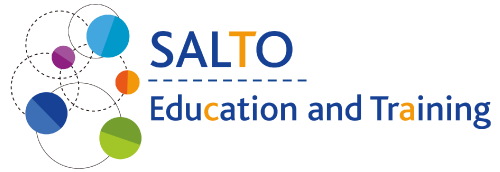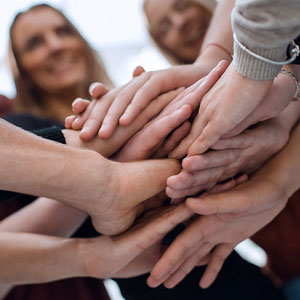Going green in Erasmus+: Project development and mobilities in the field of ecological sustainability in adult education
A short summary of the contact seminar titled "Going green in Erasmus+: Project development and mobilities in the field of ecological sustainability in adult education" that took place from May 24 to May 26 in Hamburg, Germany.
 DE02
DE02The
seminar aimed to bring together participants from different countries to
exchange ideas and experiences related to sustainability in adult education
projects and to find partners for new project ideas.
35 participants from 13 countries took part in this TCA.
The seminar was kicked off with a welcome and introduction
and some icebreaker activities facilitated by the moderator of the event, Clara
Drammeh.
After the icebreaker activities, an introduction to KA 1
(Key Action 1) and KA 2 (Key Action 2) was provided, followed by a question and
answer session. An experienced project coordinator shared a best practice
presentation on projects focused on sustainability and greening in both key
actions, leading to insightful discussions. The first day concluded with
preparations for the European fair, which would take place in the evening.
The second day began with an energizer activity to set a
positive and engaging tone. The World Café format was employed to encourage
meaningful discussions on three key topics: vision for sustainability in adult
education, potential barriers and obstacles for implementing sustainability in
projects, and thinking outside the box to address challenges and obstacles.
Participants rotated between tables and shared their thoughts and insights,
with each table summarizing their discussions with a key word.
Then, a Market of Ideas was inititated. The participants
split into two groups, with each group focusing on either KA1 or KA2 projects.
Participants had the opportunity to present their concrete project ideas,
allowing others to provide feedback and explore potential collaborations.
Afterwards, participants had time to further develop their ideas, which were
then displayed on pin walls in the form of a gallery.
In the afternoon, participants presented their project ideas
in a "Project Pitch" session, followed by a mixing activity where
participants walked around, asked questions, and found potential project
partners. Eventually, six groups were formed, and began working on their
concrete project ideas.
On the third day, participants continued to work
independently in their project groups. At the end of the seminar each group
presented their developed project ideas.
In summary, the contact seminar provided a platform for
knowledge exchange, idea generation, and collaboration among participants
interested in promoting ecological sustainability in adult education projects
within the Erasmus+ program. The structured agenda, interactive activities, and
group work facilitated the development of concrete project ideas and fostered a
sense of collective commitment towards a greener future in education.



